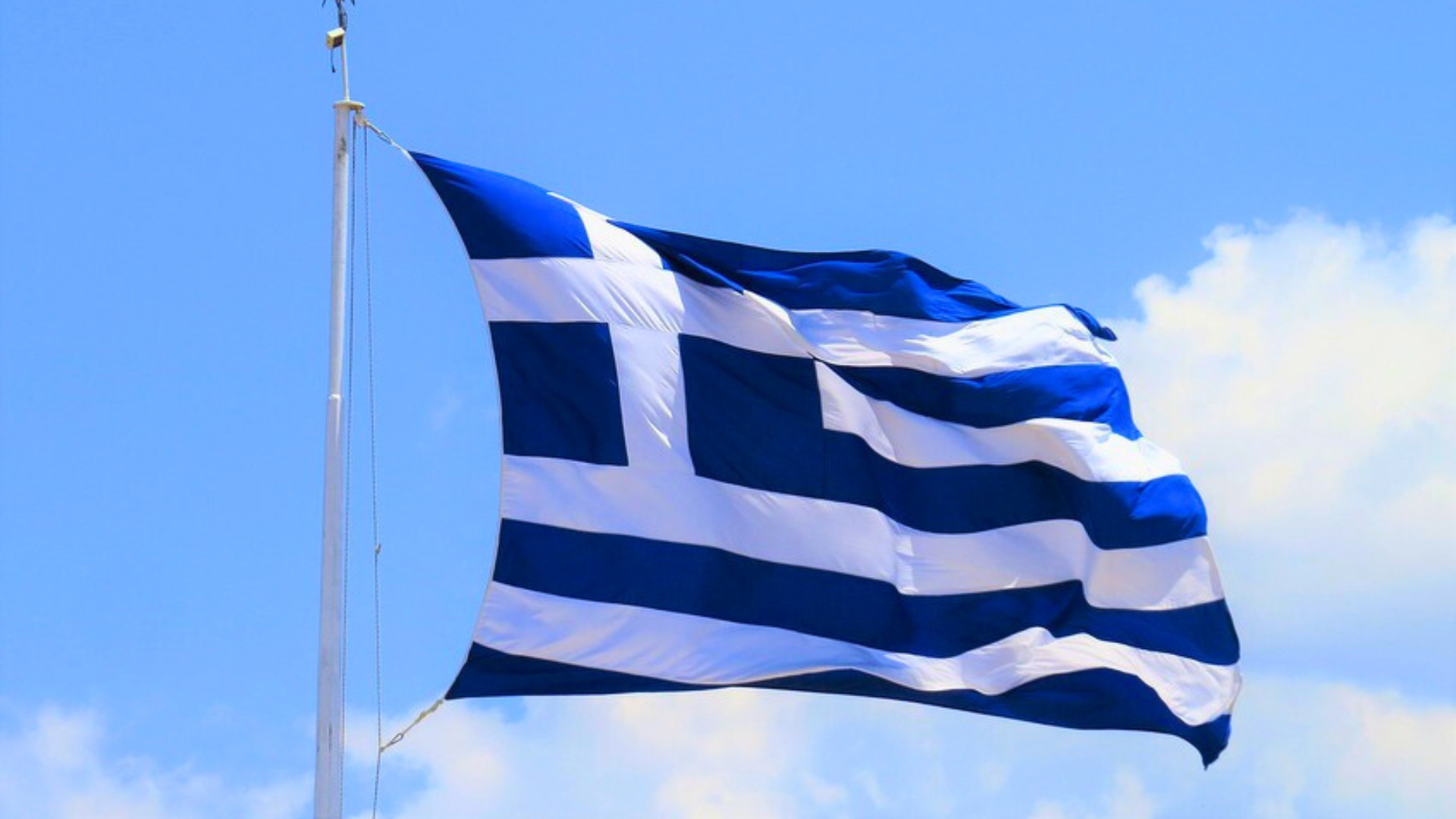By Anastasia C. Miliou, Attorney at the Supreme Court*
The roots of the Greek family are deep and transcend time. Second and third generation Greeks born abroad keep the customs and tradition of Greece and even speak the Greek language, but this doesn’t mean that Greek citizenship is a matter of course.
The way in which someone can get Greek citizenship isn’t very difficult, but neither is it widely known.
We can begin by finding the last ancestor born anywhere in Greece whose birth certificate can be traced. If the ancestor is a father or a mother, then the process is very easy. If the ancestor is a grandfather or great-grandfather, then the search can go as far back as there is a birth certificate.
If we have a birth certificate, then we can proceed to gather the rest of the paperwork needed. For instance, if the grandfather was the ancestor born in Greece then it is necessary to find the religious marriage certificate of that relative (if he is male we need the marriage to be orthodox religious, if she is female the marriage must not be orthodox religious), regardless as to whether the marriage took place in Greece or abroad, followed by the birth certificate and marriage certificate of the parent whose lineage is Greek followed by the citizenship applicant’s own birth certificate.
The documents need to be in their original forms, officially translated in to Greek. The applicants need to sign a series of documents required for Greek citizenship at the embassy of their place of residence. All the documents are then gathered and sent to the region where the Greek ancestor lived. From there, an act certifying Greek nationality status is sent with a file to the relevant municipality for enrolment. As soon as the applicant is enrolled at the Municipality, Greek citizenship and a passport become a matter of course.
Minors automatically receive citizenship parallel to the parent who has a right to it. If they become of age they need to submit a different application.
If any certificate is missing there is the way of naturalization but in that case the applicant will be interviewed at some point by the Council in Greek language and he/she must know about Greek history and the present political, financial and social situation in the country. This procedure takes more time but the final result is the same.
Anastasia C. Miliou is an Attorney at Law at the Supreme Courts with experience in international law and a large clientele in both Greece and abroad. Her telephone number is 6945028153. If you would like questions answered as part of her articles in English online, you can e-mail her at natmil@otenet.gr or visit www.legalaction.gr
